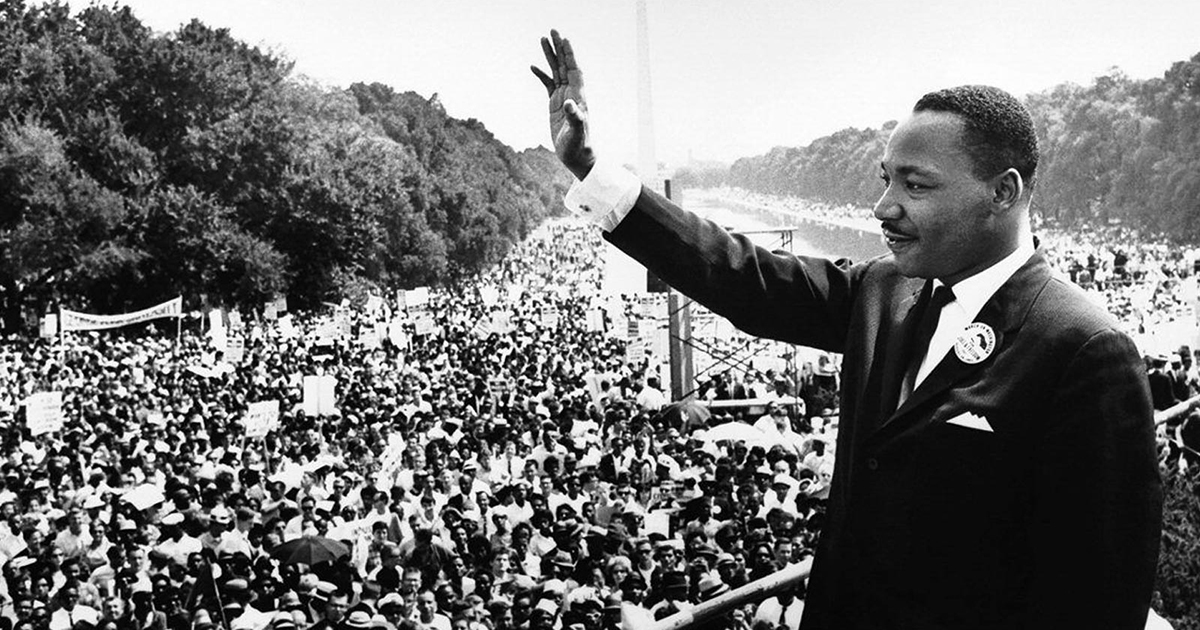Photo by Wes Candela
“He who passively accepts evil is as much involved in it as he who helps to perpetrate it. He who accepts evil without protesting against it is really cooperating with it.” As I celebrated Martin Luther King Jr. Day yesterday, I pondered the significance of this remarkable MLK quote and attempted to relate it to my own life.
While I know that I am not someone who falls into King’s category of explicitly perpetrating evil, I am not quite sure that I am enough of an activist or organizer to fall into the category of “protesting against evil” or if I am unknowingly acting as one who “passively accepts evil.” While I am involved in progressive organizations, I sometimes feel stretched too thin to play an active enough role in all of them. And when important movements like #OccupyUCLA hit campus, I often feel too bogged down by my other commitments and personal needs to contribute as much of a presence as I feel morally obligated to provide. If I invite hundreds of my Facebook friends to a progressive event, how much am I really helping if I cannot even attend the event myself?
Despite the grey areas in my own experience, I do feel convicted that we in the queer community must look beyond our own oppression and work to end all oppressions. While it is important for myself to embrace my identity as a queer male and devote time to addressing issues facing my own community, I also have a social obligation to advocate for underrepresented people in the queer community—queer women and queer people of color in particular.
Beyond that, it is crucial for us to forge alliances with progressive people outside of the queer community and work together to create a future world that does not just have same-sex marriage, but also lower incarceration rates for people of color, higher representation of women in technical and engineering careers, and more inclusive spaces for people with disabilities—among the multitude of other progressive change that should and must occur within our generation.
As Martin Luther King Jr. concluded, “All progress is precarious, and the solution of one problem brings us face to face with another problem.” Even though we may not be able to quickly resolve every issue, it is crucial that we continue to work with others to progress toward a more socially just society.

